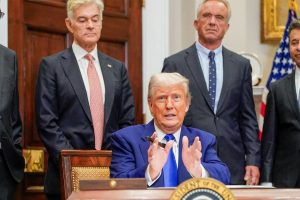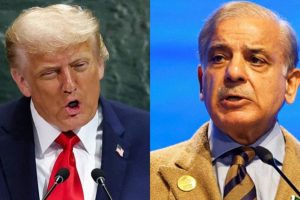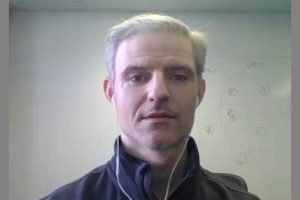US President Donald Trump on Friday announced a major overhaul of the H-1B visa programme through a presidential proclamation titled “Restriction on Entry of Certain Nonimmigrant Workers”, imposing a steep USD 100,000 annual fee on H-1B visa applications. The move has sparked debate over whether it is a necessary reform or a potential setback for America’s technology sector.
Set to take effect September 21, the proclamation targets systemic abuse in the H-1B programme, particularly by outsourcing and IT firms, which the administration claims have used the system to displace American workers, depress wages, and even create national security risks.
Citing data, the proclamation highlights that the share of foreign STEM workers more than doubled between 2000 and 2019, with IT employees comprising over 65 per cent of H-1B approvals in recent years. The administration also pointed to cases where American workers were laid off, often forced to train foreign replacements, and signed restrictive non-disclosure agreements as part of severance packages.
“The high numbers of relatively low-wage workers in the H-1B program undercut its integrity and are detrimental to American workers’ wages and opportunities, especially at entry-level positions,” the proclamation read.
The overhaul also addresses national security concerns, citing investigations into visa fraud, money laundering, and RICO violations involving H-1B-reliant outsourcing companies. The administration warns that over-reliance on low-wage foreign labour threatens US technological leadership.
Under the new rules, employers must pay the USD 100,000 fee when filing H-1B petitions. Enforcement will be overseen by the Department of Homeland Security and the State Department, which will deny entry to any H-1B worker whose sponsor fails to comply. Future rulemaking will revise prevailing wage standards to prioritise high-skilled, high-paid entrants, with limited exemptions for cases deemed in the national interest.
Critics caution that the measure, while aimed at curbing fraud, could deter legitimate talent and stifle innovation, particularly in industries reliant on foreign expertise. The ultimate impact on American jobs, technological competitiveness, and global investment remains uncertain.





